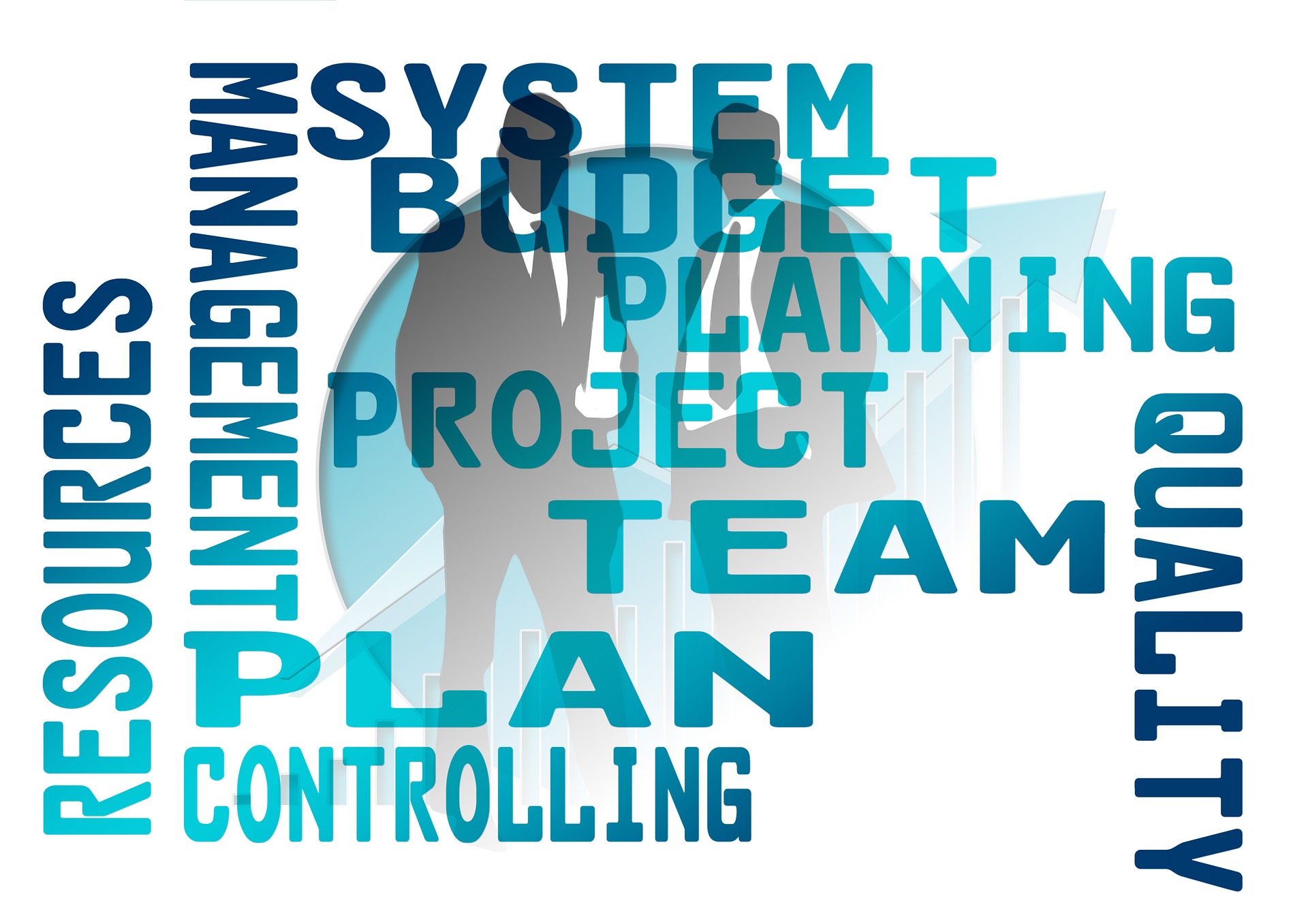-
Attorney at Law
“Creating Business Systems: Unlocking Your Business’s Potential”
Introduction
Creating business systems is an important part of running a successful business. It involves designing and implementing processes and procedures that help to streamline operations, improve efficiency, and increase profitability. By creating effective business systems, businesses can reduce costs, increase customer satisfaction, and improve overall performance. This guide will provide an overview of the key elements of creating business systems, including the importance of process mapping, the benefits of automation, and the importance of data analysis.
How to Develop an Effective Business System for Your Company
Developing an effective business system for your company is essential for success. A business system is a set of processes and procedures that are used to manage and coordinate the activities of a business. It is important to have a well-defined system in place to ensure that all aspects of the business are running smoothly and efficiently.
This is about the topic Business Consulting.
The first step in developing an effective business system is to identify the goals and objectives of the company. This will help to determine the type of system that is needed and the processes that should be included. Once the goals and objectives have been identified, it is important to create a plan for how the system will be implemented. This plan should include the steps that need to be taken to ensure that the system is implemented correctly and efficiently.
The next step is to create a timeline for the implementation of the system. This timeline should include the steps that need to be taken to ensure that the system is implemented on time and within budget. It is important to ensure that the timeline is realistic and achievable.
Once the timeline has been created, it is important to create a budget for the system. This budget should include the costs associated with the implementation of the system, such as software, hardware, and personnel. It is important to ensure that the budget is realistic and achievable.
Once the budget has been created, it is important to create a system design. This design should include the processes and procedures that will be used to manage and coordinate the activities of the business. It is important to ensure that the design is comprehensive and includes all of the necessary components.
Finally, it is important to test the system before it is implemented. This testing should include both the hardware and software components of the system. It is important to ensure that the system is functioning properly and that all of the processes and procedures are working correctly.
By following these steps, you can develop an effective business system for your company. This system will help to ensure that all aspects of the business are running smoothly and efficiently. It is important to ensure that the system is implemented correctly and on time.
The Benefits of Automating Business Processes
Automating business processes can provide a number of benefits to organizations of all sizes. Automation can help streamline operations, reduce costs, and improve customer service. Here are some of the key benefits of automating business processes:
1. Increased Efficiency: Automation can help streamline processes, reduce manual labor, and eliminate errors. Automation can also help reduce the time it takes to complete tasks, allowing employees to focus on more important tasks.
2. Cost Savings: Automation can help reduce costs associated with manual labor, such as wages, benefits, and training. Automation can also help reduce costs associated with errors, such as rework and lost time.
3. Improved Customer Service: Automation can help improve customer service by providing customers with faster and more accurate responses. Automation can also help reduce customer wait times and improve customer satisfaction.
4. Improved Data Quality: Automation can help improve data quality by eliminating manual errors and ensuring data accuracy. Automation can also help reduce the time it takes to process data, allowing organizations to make better decisions faster.
5. Increased Productivity: Automation can help increase productivity by reducing the time it takes to complete tasks and allowing employees to focus on more important tasks. Automation can also help reduce the time it takes to complete projects, allowing organizations to complete projects faster. Doing this will help you in running the business.
Overall, automating business processes can provide a number of benefits to organizations of all sizes. Automation can help streamline operations, reduce costs, and improve customer service. Automation can also help improve data quality, increase productivity, and reduce manual labor. By taking advantage of automation, organizations can improve their operations and increase their bottom line.
Strategies for Streamlining Business Systems
1. Automate Processes: Automating processes can help streamline business systems by reducing manual labor and eliminating errors. Automation can be used to automate mundane tasks such as data entry, customer service, and accounting. Automation can also be used to automate more complex tasks such as marketing campaigns, customer segmentation, and analytics.
2. Utilize Cloud Computing: Cloud computing can help streamline business systems by providing access to data and applications from any device, anywhere. Cloud computing can also help reduce costs associated with hardware and software maintenance.
3. Implement Business Intelligence: Business intelligence can help streamline business systems by providing insights into customer behavior, market trends, and operational performance. Business intelligence can also help identify areas of improvement and opportunities for growth.
4. Leverage Mobile Technology: Mobile technology can help streamline business systems by providing access to data and applications from any device, anywhere. Mobile technology can also help reduce costs associated with hardware and software maintenance.
5. Utilize Automated Reporting: Automated reporting can help streamline business systems by providing timely and accurate reports. Automated reporting can also help reduce manual labor and eliminate errors.
6. Implement Collaboration Tools: Collaboration tools can help streamline business systems by providing a platform for teams to work together in real-time. Collaboration tools can also help reduce costs associated with travel and communication.
Best Practices for Implementing Business Systems
1. Establish Clear Goals: Before implementing any business system, it is important to establish clear goals and objectives. This will help ensure that the system is designed to meet the needs of the organization and its stakeholders.
2. Research and Evaluate Options: Once the goals and objectives have been established, it is important to research and evaluate the various options available. This will help to ensure that the system chosen is the best fit for the organization.
3. Develop a Plan: Once the system has been chosen, it is important to develop a plan for implementation. This plan should include a timeline, budget, and resources needed to ensure a successful implementation.
4. Train Employees: Training employees on the new system is essential for successful implementation. This should include both technical and non-technical training to ensure that all employees are comfortable with the system.
5. Monitor Progress: Once the system is implemented, it is important to monitor progress and make adjustments as needed. This will help to ensure that the system is meeting the goals and objectives of the organization.
6. Evaluate Results: After the system has been implemented, it is important to evaluate the results. This will help to identify areas for improvement and ensure that the system is meeting the needs of the organization.
The Role of Technology in Creating Business Systems
Technology plays an integral role in creating business systems. It is used to streamline processes, increase efficiency, and reduce costs. By leveraging technology, businesses can create systems that are more efficient, cost-effective, and secure.
Technology can be used to automate processes, such as customer service, accounting, and inventory management. Automation can reduce the amount of time and resources needed to complete tasks, allowing businesses to focus on more important tasks. Automation also reduces the risk of human error, which can lead to costly mistakes.
Technology can also be used to create secure systems. Businesses can use encryption and other security measures to protect their data and systems from unauthorized access. This helps to ensure that confidential information is kept safe and secure.
Technology can also be used to create systems that are more efficient. Businesses can use analytics to gain insights into customer behavior and preferences. This can help them to better understand their customers and create systems that are tailored to their needs.
Finally, technology can be used to create systems that are cost-effective. Businesses can use cloud computing to reduce the cost of hardware and software. They can also use automation to reduce the amount of time and resources needed to complete tasks.
In conclusion, technology plays an important role in creating business systems. It can be used to automate processes, create secure systems, gain insights into customer behavior, and reduce costs. By leveraging technology, businesses can create systems that are more efficient, cost-effective, and secure.
Q&A
Q1: What is a business system?
A1: A business system is a set of processes, procedures, and tools that enable an organization to achieve its goals. It includes the people, technology, and processes that are used to create, deliver, and support products and services.
Q2: What are the benefits of creating a business system?
A2: Creating a business system can help an organization become more efficient and effective, reduce costs, improve customer service, and increase profits. It can also help to ensure that the organization is compliant with regulations and standards.
Q3: What are the steps involved in creating a business system?
A3: The steps involved in creating a business system include defining the goals and objectives of the system, designing the system, implementing the system, and monitoring and evaluating the system.
Q4: What are the components of a business system?
A4: The components of a business system include the people, processes, technology, and data that are used to create, deliver, and support products and services.
Q5: How can a business system be improved?
A5: A business system can be improved by regularly monitoring and evaluating the system, making changes as needed, and ensuring that the system is up-to-date with the latest technology and processes. Additionally, training and education can help to ensure that employees are familiar with the system and can use it effectively.
Creating Business Systems Consultation
When you need help with Creating Business Systems call Jeremy D. Eveland, MBA, JD (801) 613-1472 for a consultation.
Jeremy Eveland
17 North State Street
Lindon UT 84042
(801) 613-1472
Related Posts
Business Succession Lawyer Bountiful Utah
Concrete Pumping Business Lawyer





